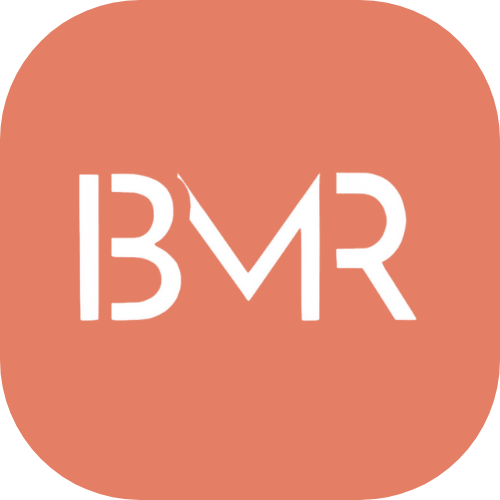Vaccination and Immunization: The Basics
- Vaccine:
A vaccine is a biological preparation designed to provide immunity to a specific infectious disease. It typically contains an agent that resembles a disease-causing microorganism, made from weakened or killed forms of the microbe, its toxins, or one of its surface proteins. When administered, it stimulates the body’s immune system to recognize the agent as a threat, destroy it, and "remember" it, so the immune system can more easily recognize and destroy any of these microorganisms that it encounters in the future.
Example: The measles, mumps, and rubella (MMR) vaccine contains weakened forms of the viruses that cause these diseases.
- Vaccination:
Vaccination is the act of introducing a vaccine into the body to produce immunity to a specific disease. It is the process by which people are made immune or resistant to an infectious disease, typically by the administration of a vaccine.
Example: Getting a flu shot at a clinic is an example of vaccination.
- Immunity:
Immunity refers to the body’s ability to resist or defend against infections, diseases, or other biological threats. Immunity can be innate (the natural defenses you're born with) or adaptive (developed after exposure to pathogens or through vaccination).
There are two main types of immunity:
- Active Immunity: When exposure to a disease organism triggers the immune system to produce antibodies to that disease (e.g., through infection or vaccination).
- Passive Immunity: When a person is given antibodies to a disease rather than producing them through their own immune system (e.g., newborns receive antibodies from their mothers, or someone receives antibody treatments).
Example: After recovering from chickenpox, a person is generally immune to the disease for life, which is a form of natural active immunity.
- Immunization:
Immunization is the process by which an individual becomes immune to a disease. It often happens through vaccination, but it can also occur naturally after an infection. Immunization is the broader term that encompasses both the process of vaccination and the body's development of immunity.
Example: A child who has received all their scheduled vaccines is considered immunized against diseases like polio and measles.
To summarize:
- Vaccine: The substance that stimulates the immune system.
- Vaccination: The process of giving the vaccine.
- Immunity: The protection or defense against disease.
- Immunization: The overall process of gaining immunity, often through vaccination.
Important days:
- April 22 - 29: World Primary Immunuzation Week
- April 24 - 30: World Immunization Week
- November 10: World Immunization Day


